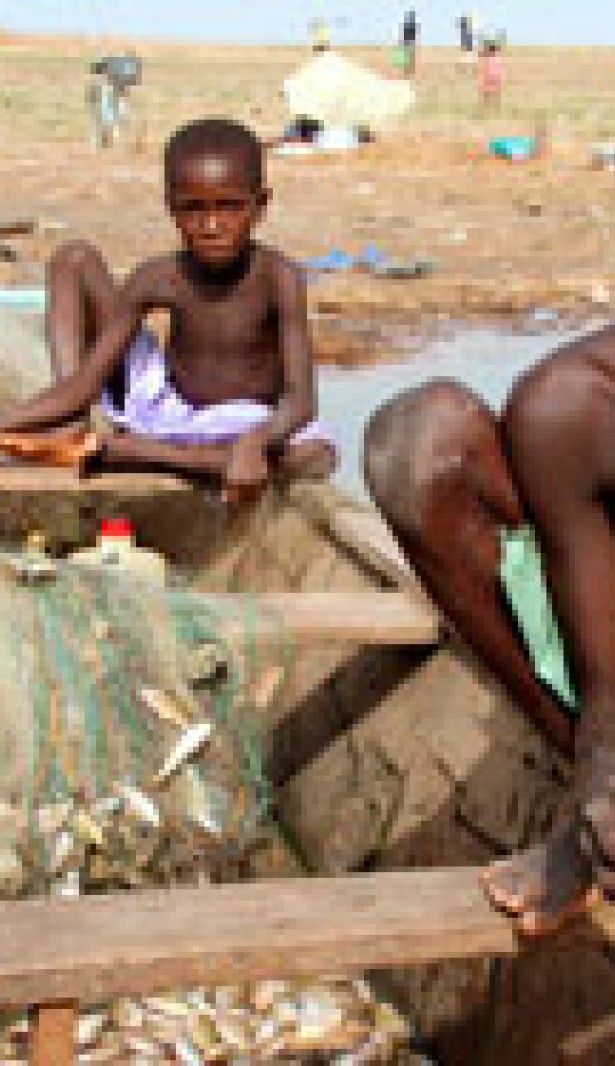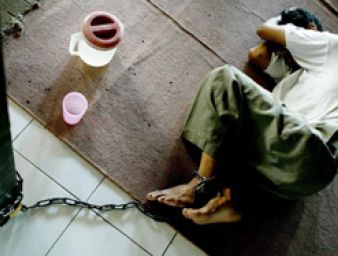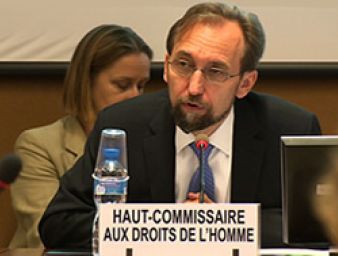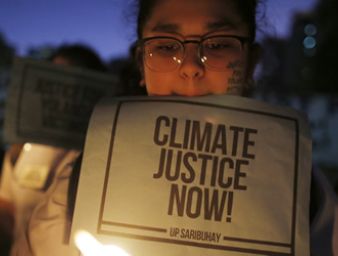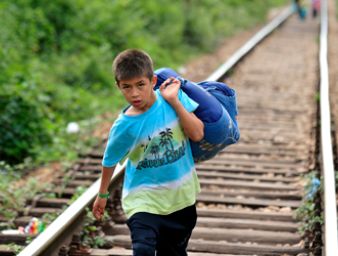Protecting children from violence needs to remain a global priority
19 May 2014
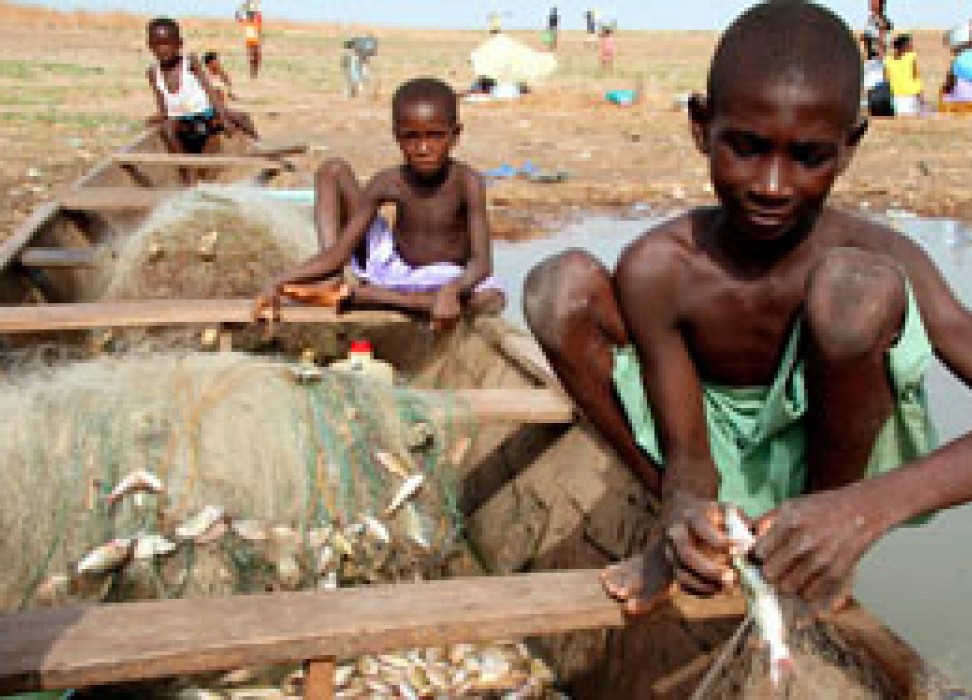
For millions of children, life is defined by one word: fear! A recent report to the UN Human Rights Council by UN Special Representative on Violence against Children, Marta Santos Pais highlights that millions of children around the world continue to be exposed every day to different forms of violence.
“The risk of violence against children remains present in every setting, including those where children should be safest – in schools, in care and justice institutions and also within their homes,” said Santos Pais, during the presentation of her report to the Council.
Furthermore, the report highlights significant challenges in addressing violence in work settings, with countless children coerced into working in plantations or fishing in the deep sea or engaged in hazardous activities.
In one example presented in a UN study, a 15-year-old boy recounted his experience as a child labourer in South Asia. “Masters punish me too much. My second master once hung me by the hands and beat me so hard, the stick broke. After that he continued beating me with the shovel,” he said.
The situation of approximately 15.5 million child domestic workers around the world is another area of grave concern. Often isolated, with no formal protection structure, child domestic workers are highly vulnerable to labour exploitation, working long hours without rest, being denied holidays or deprived of wages, and enduring serious manifestations of violence and abuse, states the report.
“If I broke something or did something badly, they would beat me with a shoe or a belt,” said a 14-year-old boy, who worked as a domestic labourer in North Africa. “I couldn’t leave the house–they would lock the door when they left,” he said.
Beyond its impact on individual victims and their families, violence diverts resources from social spending, slowing economic development and eroding the human and social capital of nations. In hours, violence can destroy development gains that took years to achieve, the report added.
During the interactive discussion in the Human Rights Council,SantosPais highlighted the key findings of the recently released Global Survey on Violence against Children, the first comprehensive review of progress since the 2006 UN study on the subject. The Survey confirmed that children’s protection from violence was gaining increasing recognition on the international, regional and national agendas. In addition, it highlighted the notable increase in the ratification and implementation of treaties on children’s protection from violence.
Despite positive developments, Santos Pais believes that progress has still been “too slow, too uneven and too fragmented for a genuine breakthrough to take place”.
“The human dignity of children and their rights to protection from violence has to be at the heart of a global effort, just as they had to be at the core of national strategies,” she said.
Santos Pais emphasized that it is crucial to address violence against children when shaping the post 2015 global development agenda: “incidents of violence are associated with poor rule of law, weak law enforcement, high levels of organized crime and homicide rates, and a culture of impunity. For children, this pattern means deprivation and a deep sense of fear; high risk of poor health, poor school performance and long-term welfare dependency.
For society, it means far-reaching costs and billions of dollars diverted from social spending, slowing economic development and eroding nations’ human and social capital. The protection of children from violence must therefore be made an explicit priority and be recognized as a cross-cutting concern in the global development agenda beyond 2015.”
The annual report on Violence against Children presented at the 25th council session contains key developments and initiatives to accelerate progress in children’s protection from violence, and identifies efforts required for sustaining and scaling up achievements made.19 May 2014
